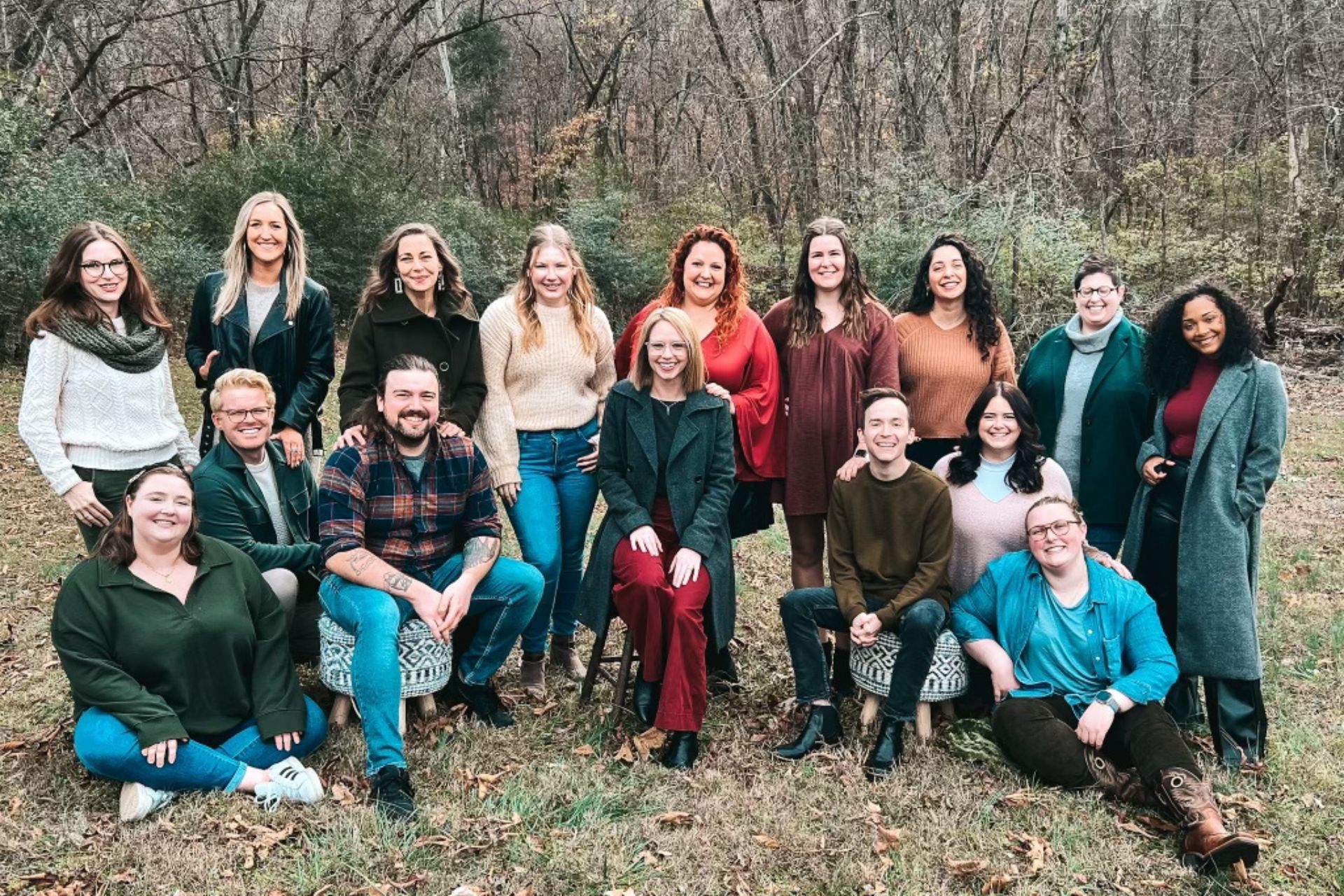Hello! I am Shelby, a professional mental health counselor at The Works Counseling Center in Nashville, TN.
Welcome back to part two of a nine-part series on the enneagram and how it can be used in therapy. If you missed part one and want to catch up, click here.
Today, we will be chatting about our wonderful enneagram two: the helper archetype. This blog will not be all inclusive about this enneagram type, but it may answer some questions and provide some insights to how we may use your enneagram number in the therapy work.
Let’s get started.
Our type two’s: the helpers. If you are not one, you likely have had one in your life. Type two’s feel deeply motivated to help others and nurture relationships. It is likely that a teacher, coach or counselor you have worked with at some point in your life identified with this type.
While our helpers are great at serving others, a growth area for them that we can consider in counseling is looking at their underlying motivations for helping. Sometimes, a person who identifies with this archetype may believe that their strong desire to help others is purely selfless, while this is not always the case. It can be helpful to understand deeper-seeded motives that may compel helpers to offer support. For example, sometimes we help others to gain alliances and be liked. Sometimes we help with the hope of being helped in return, or to be seen as a “helping” person. These motives are often less conscious to our enneagram twos, and can be beneficial to gain insight to in order to get movement in counseling. A question I often ask a helper client is, “What do you bring to your relationships outside of acts of service?” Sometimes, helpers believe that their aid is what sustains their relationships, and that if they don’t help, people may not value them.
Another common growth area for helpers is supporting them in their developing understanding of their own wants and needs. Helpers are incredibly attune to the needs of others, but often struggle to identify their own desires. A learning opportunity for our helpers is to support them in giving to themselves what they so readily give to others. This might look like learning to set boundaries and saying, “no” when you notice your resources becoming depleted. It may also look like learning to take responsibility for your needs instead of anticipating a loved one to take care of your needs for you or read your mind – you know, like how you do for them.
Helpers, thank you for what you bring to the world. Your love for relationships, your desire to support and foster the growth of those around you. Therapy can be uncomfortable because a counselor will challenge you to use some of that energy you put toward others to focus on yourself. You can’t pour from an empty cup, and no one wants you to do so. Counseling work may look like developing boundaries and building insight to motivations to help.
Let’s check in again soon.
If you or a loved one are interested in professional counseling services at The Works Counseling Center, please contact the front desk today.


